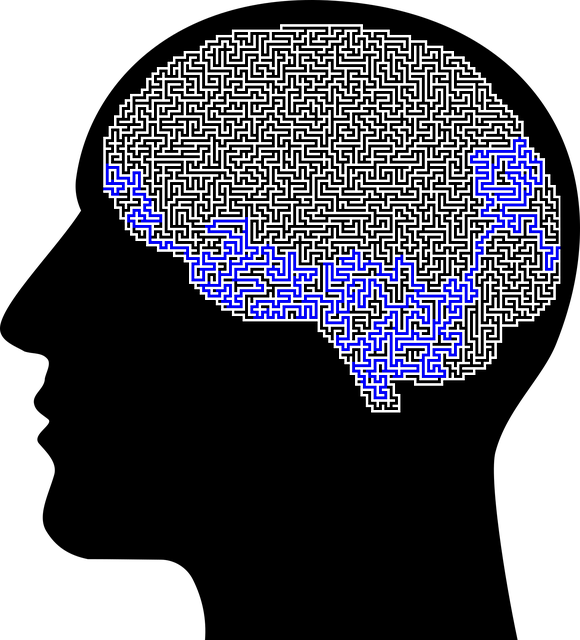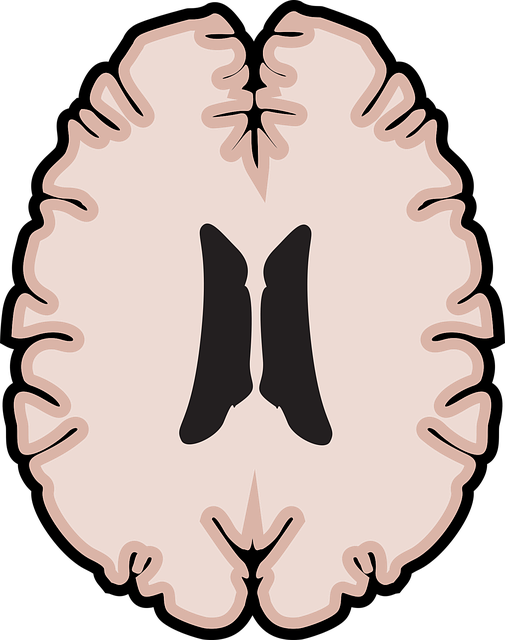Aurora Conduct Disorder Therapy (ACDT) revolutionizes community engagement for mental health through strategic outreach programs. They educate the public, reduce stigma, and offer support with campaigns focusing on early intervention, anxiety relief, and self-esteem building. ACDT's holistic approach includes self-care practices integrated into their curriculum, ensuring immediate and lasting impact. Measuring success through defined outcomes and metrics, they track participation rates, knowledge gain, and improved access to mental health services. Continuous improvement based on data, feedback, and adaptation ensures ACDT addresses community needs effectively and sustainably.
Aurora Conduct Disorder Therapy introduces community outreach programs as a strategic approach to extend its services beyond traditional therapy settings. By engaging with local communities, these initiatives aim to foster understanding, reduce stigma, and improve access to mental health support. This article explores effective implementation strategies, highlights key success metrics, and emphasizes the importance of continuous improvement in Aurora’s outreach efforts, ultimately enhancing the reach and impact of conduct disorder therapy.
- Understanding Community Outreach for Aurora Conduct Disorder Therapy
- Strategies for Effective Program Implementation
- Measuring Success and Continuous Improvement in Outreach Programs
Understanding Community Outreach for Aurora Conduct Disorder Therapy

Aurora Conduct Disorder Therapy recognizes that reaching out to the community is a powerful tool for promoting mental health and well-being. Community outreach programs play a pivotal role in raising public awareness about conduct disorders, breaking down stigma, and fostering an environment of support. Through these initiatives, Aurora aims to connect with individuals and families affected by conduct disorders, offering guidance and resources tailored to their unique needs.
By engaging in Public Awareness Campaigns Development, the therapy center seeks to educate the public about the signs, symptoms, and available treatments for conduct disorders. These campaigns focus on promoting Anxiety Relief by encouraging early intervention and providing support networks. Additionally, self-esteem improvement is a key aspect of these outreach programs, as they empower individuals to embrace positive change and rebuild their lives.
Strategies for Effective Program Implementation

Implementing successful community outreach programs requires a strategic approach, especially when addressing sensitive issues such as conduct disorders. Aurora Conduct Disorder Therapy focuses on early intervention and comprehensive support systems to foster emotional healing processes within affected individuals and their families. One key strategy is to engage with local communities through public awareness campaigns development, highlighting the importance of recognizing and understanding conduct disorders. Educating the public not only reduces stigma but also encourages proactive involvement in support networks.
Additionally, integrating self-care practices into the program empowers participants to take charge of their emotional well-being. By offering resources and guidance on stress management, resilience building, and healthy coping mechanisms, individuals can enhance their ability to navigate challenges. This holistic approach ensures that community outreach programs not only provide immediate support but also equip participants with lifelong skills for emotional healing and personal growth.
Measuring Success and Continuous Improvement in Outreach Programs

Measuring success is a vital aspect of community outreach programs, especially in initiatives focused on mental health like Aurora Conduct Disorder Therapy. Defining clear outcomes and metrics beforehand allows for accurate evaluation. This could include tracking participation rates, knowledge gain among targeted communities, or improved access to mental health services. Regular data collection and analysis provide insights into the program’s effectiveness and identify areas for enhancement. For instance, a risk assessment component can be incorporated, mirroring the approach in Mental Health Policy Analysis and Advocacy, to assess potential risks and benefits, ensuring the program aligns with community needs without causing further harm.
Continuous improvement is fostered through reflective practices, where lessons learned are applied to refine existing strategies. This iterative process involves comparing outcomes against initial goals, considering feedback from participants and stakeholders, and adapting programs accordingly. By embracing this dynamic approach, organizations can enhance their outreach efforts in depression prevention and other mental health initiatives, ultimately leading to more impactful and sustainable community engagement.
Implementing community outreach programs, such as those offered by Aurora Conduct Disorder Therapy, is a strategic approach to improving mental health access and support. By utilizing effective strategies and continuously measuring success, these programs can create positive change within communities. This ensures that individuals struggling with conduct disorders receive the necessary therapy and guidance, fostering healthier and more connected neighborhoods. Through dedicated outreach, Aurora Conduct Disorder Therapy aims to revolutionize mental healthcare accessibility, making it a game-changer in community wellness initiatives.














